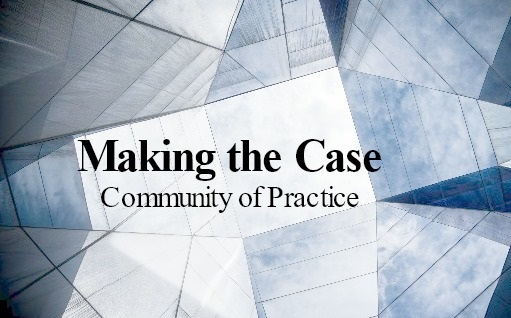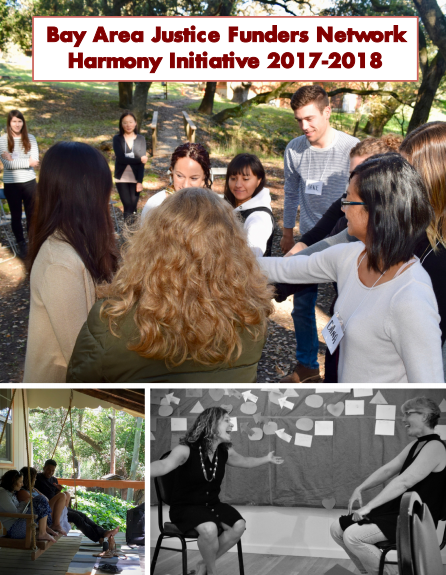‘Making The Case’ Community of Practice
The 2018 Cohort is launched!
A community of practice on making the case for advancing equity and grassroots organizing in environmental health grantmaking
** Registration for the 2018 cohort is closed. See the application invitation below for details of this new HEFN program.
Environmental health and justice work is addressing critical problems directly affecting people’s health and lives. In every area of focus for HEFN members – from toxics and fracking to drinking water, zoning, and disaster response – we’ve seen groups of impacted people acting as critical whistle-blowers, community scientists, powerful advocates, valued allies, and innovative problem-solvers. This community of practice program will help strengthen members’ compelling cases for increased investment to this vital work.
Who should apply to HEFN’s Making the Case Community of Practice and how would they apply?

We encourage registrations from any HEFN member or other funder interested in enviornmental health and justice. Our goal is for this cohort to include funders at every place along the spectrum, from exploring or interested to already engaged.
Space will be limited to 12 participants to allow for small group work with expert support on each participant’s “making the case” challenges and skill development. Funders may apply to join the 2018 cohort by completing a short, online application before the Jan. 12, 2018, deadline.
What are the elements and timeframe for Making the Case 2018?
Throughout the six-month program (January – June 2018), participants will build relationships with funding peers and staff supports, with access to regular communications through a cohort email group.
The program also will offer participants the opportunity to:
- Assess areas of strength and challenges in making the case that advancing equity and grassroots support is in alignment with foundations’ mission and critical to their strategic success.
- Convene in-person for a two-day opening retreat (February 6-7) and a closing two-day retreat (May 30-31), both in Chicago.
- Participate in cohort webinars (March 6, March 28, April 24), sharing successful / less successful examples of their work and gaining knowledge of peers’ experience and effective practices.
- Share their experience in a webinar presentation (June 18) to the larger HEFN community and/or at other funder events.
- Get supplementary coaching calls (separate fee) to strengthen their practice in making the case.
How much does it cost to participate in the program?
Why is HEFN offering this Community of Practice?
Who are the trainers for Making the Case?
 Here’s what HEFN members who’ve participated in the BAJFN Harmony Initiative (a model being adapted for Making the Case) have to say about those trainings:
Here’s what HEFN members who’ve participated in the BAJFN Harmony Initiative (a model being adapted for Making the Case) have to say about those trainings:
I attended Harmony when we were deep in strategy development, and the retreats and one-on-one coaching were instrumental in helping me lead that process in a collaborative and values-aligned manner. Looking back, many of the ideas and strategies we talked about in Harmony shape the way I do my work today.
Harmony Initiative is both extremely practical and ‘big picture’ provocative. The Initiative has been foundational for me as I’ve moved to philanthropy from being an organizer and nonprofit executive director. If you seek strengthened professional capacity and deep relationships to leverage your investments and work for powerful social change, this program is for you!
The Harmony Initiative was an extremely valuable experience for me as someone who still feels quite new to philanthropy, but I believe its model lends unique benefits regardless of career stage. Harmony emphasized examining the historical context for why philanthropy functions the way it does, creating space to identify the conventional structures and processes that impede our ability to achieve transformational change. I left each retreat with skills and approaches that I was eager to share with my colleagues.
The Harmony Initiative helped me to understand my place in philanthropy, and what I can bring to the field to help advance equity and social justice. The program’s facilitators are thoughtful and responsive, and being part of a cohort of grantmakers focused on social justice is invaluable.
